
Scientists Discover Plant Extract That Eliminates 90% of Microplastics from Water
Plastic pollution is one of the most pressing environmental issues of our time. While visible plastic waste draws attention, it's the invisible contaminants—microplastics—that have quietly infiltrated nearly every corner of the planet. These microscopic particles, measuring less than 5 millimeters, are found in oceans, rivers, drinking water, and even in human tissues.
Now, researchers have identified an unexpectedly simple, eco-friendly way to tackle this growing problem: plant extracts from okra and fenugreek.
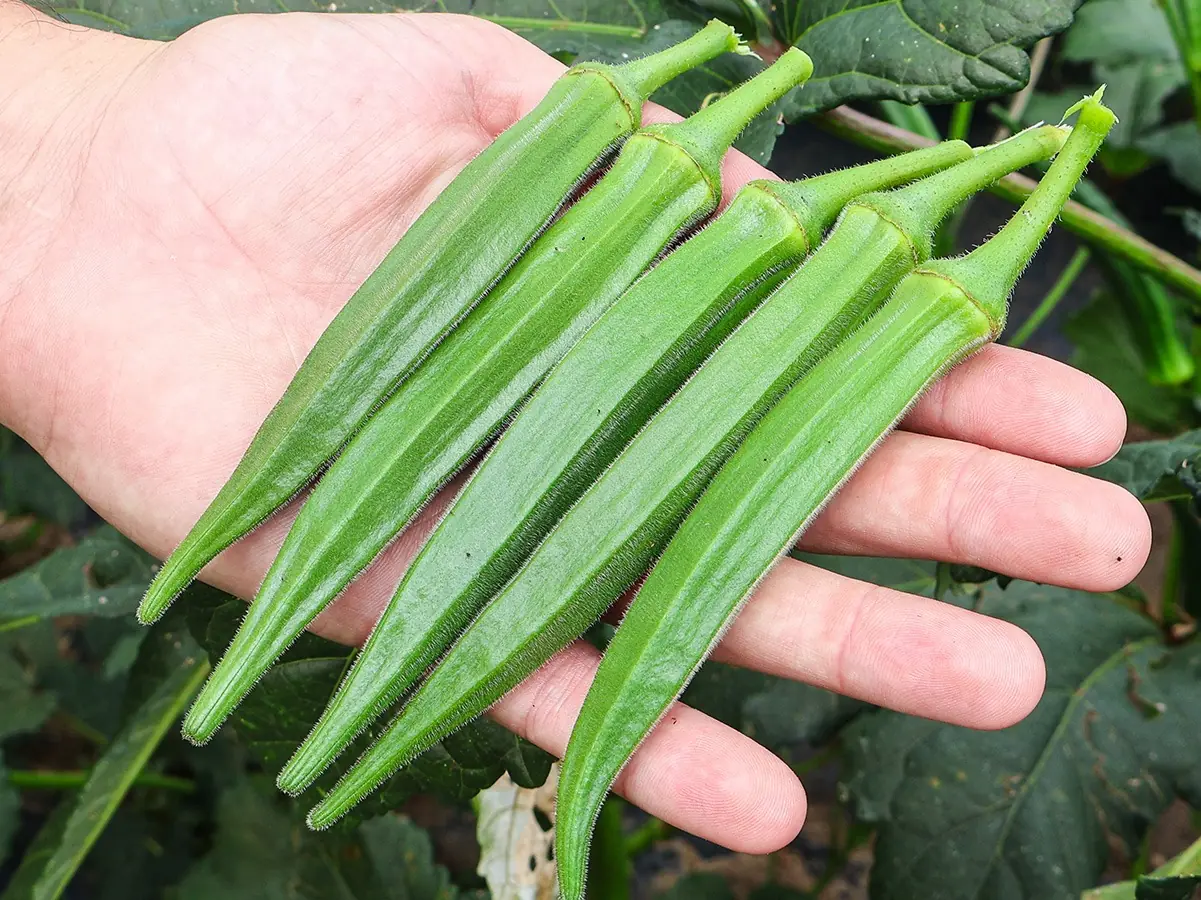
Why Are Microplastics So Dangerous?
Microplastics originate from a variety of sources, including broken-down plastic packaging, synthetic clothing fibers, and microbeads in personal care products. Once in the environment, these particles don’t decompose easily and have a disturbing tendency to absorb toxins. Over time, they can accumulate in marine organisms and, through the food chain, end up inside human bodies.
They’ve been detected in bottled and tap water, sea salt, seafood, rain, and even inside the placenta of unborn babies. Research is ongoing to determine the full health effects, but early findings suggest that long-term exposure to microplastics may interfere with hormonal systems, disrupt digestion, and contribute to inflammation.
The Plant-Based Breakthrough
In a study led by Rajani Srinivasan at Tarleton State University, researchers found that the natural sticky substances (polysaccharides) found in okra and fenugreek could efficiently capture microplastic particles in water.
“The beauty of using these plant-based materials is that they are biodegradable, affordable, and widely accessible in many regions of the world,” Srinivasan explained.
Here’s how the process worked:
- Extraction: Okra pods were sliced and soaked in water; fenugreek seeds were blended into a solution.
- Drying: The extracts were dehydrated and ground into a fine powder.
- Testing: These powders were then added to microplastic-contaminated water samples.
The results were impressive:
- Okra powder alone removed about 67% of microplastics in an hour.
- Fenugreek achieved a higher success rate of 93% in the same period.
- A 50/50 blend of both removed 70% in just 30 minutes.
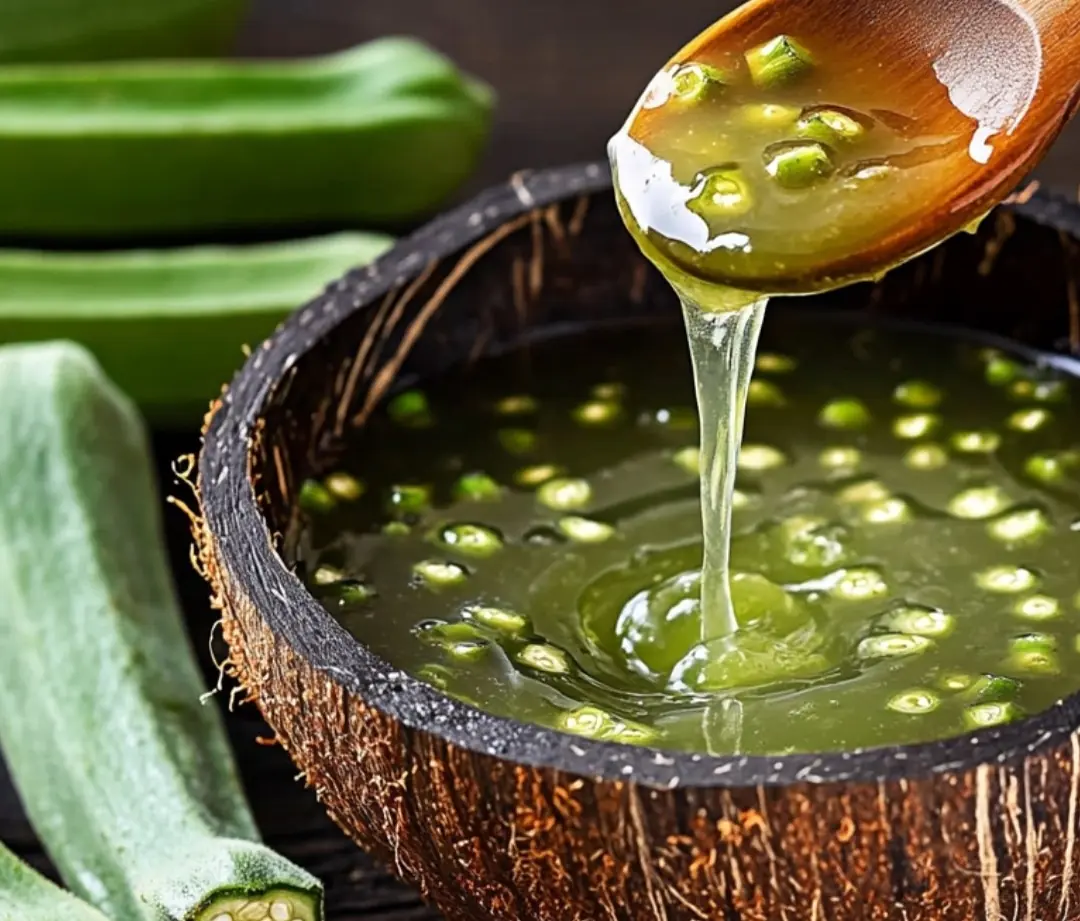
What’s more, these natural powders outperformed polyacrylamide, the synthetic polymer commonly used in wastewater treatment. Polyacrylamide is petroleum-based and known to generate toxic byproducts under certain conditions. In contrast, okra and fenugreek are safe, biodegradable, and renewable.
How Well Does It Work in Real-World Water?
To move beyond lab conditions, the team tested the plant powders on actual water samples from various locations across Texas, including:
- The Gulf of Mexico (saltwater)
- Groundwater wells
- Lakes and rivers (freshwater)
Despite the more complex chemistry of these natural water sources, the powders still demonstrated substantial effectiveness:
- In saltwater, okra removed up to 80% of microplastics.
- In groundwater, fenugreek achieved 80–90%
- In freshwater, a balanced blend of both reached 77%
Different water conditions—like pH levels, salinity, and the type of plastic present—affected the results. But across the board, the method proved viable and adaptable.
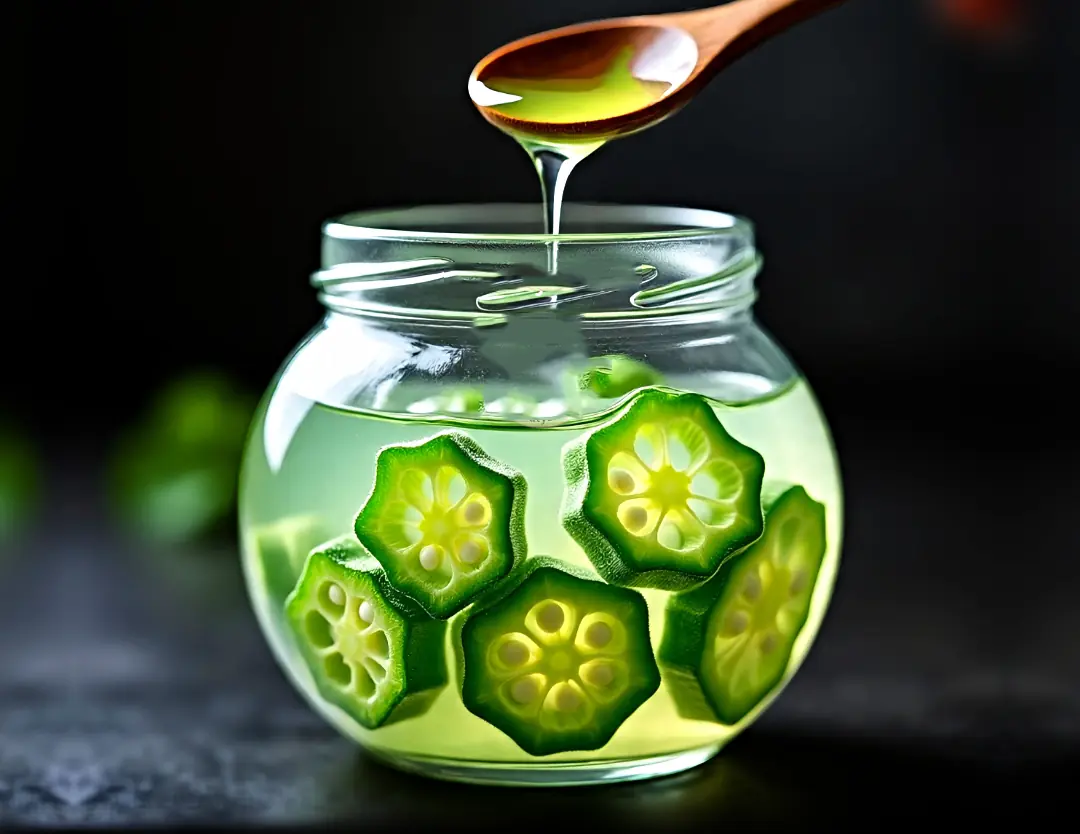
Potential Impact Beyond the Lab
What makes this discovery particularly compelling is its scalability and accessibility. These are not exotic or rare plants. Both okra and fenugreek are common crops in many parts of the world, especially in regions where clean water is already a major public health issue.
In rural or underserved areas with limited infrastructure, this method offers a low-tech, affordable filtration option. It could be integrated into household water systems, community wells, or mobile filtration units. Local governments, NGOs, and environmental organizations could easily train people to make and use the powders themselves.
Moreover, the dried powders are lightweight and easy to transport, making them suitable for use in emergency relief efforts where clean drinking water is urgently needed—such as during floods or droughts.
A Cleaner Future Rooted in Nature
This discovery is part of a growing trend in science: turning to nature for solutions to modern problems. Rather than relying solely on high-tech fixes, researchers are rediscovering the power of plants and natural processes to heal the damage done by human activity.
The okra and fenugreek approach doesn’t just offer a means of addressing microplastic pollution—it also sets a new standard for innovation that is sustainable, inclusive, and environmentally responsible.
“The goal isn’t just to clean water—it’s to do so in a way that doesn’t create more problems,” Srinivasan noted.
The next steps will involve field testing in a variety of global settings, expanding plant trials to include other mucilaginous species (like aloe vera and cactus), and eventually designing scalable filtration products based on this research.
Hope in a Powdered Pod
While microplastics are a daunting challenge, discoveries like this one offer genuine hope. In the sticky residue of everyday vegetables, scientists may have unlocked one of the simplest and most profound tools yet in our fight to reclaim clean water for all.
And as this research continues to develop, we may soon be able to say that the solution to one of the world’s dirtiest problems has been growing in our gardens all along.
News in the same category


Urgent warning issued to all iPhone users following release of iOS 18.6

Skywatchers Delight: Dual Meteor Showers And Upcoming Celestial Events

Global Tsunami Alarms Following 8.8‑Magnitude Earthquake—Sixth Strongest On Record

Volcano Eruption Adds To Chaos After 8.8-Magnitude Quake Rocks Russia’s Far East

Scientists Spark Debate Over Interstellar Visitor’s Strange Behavior

Terrifying Optical Illusion Of A Woman Only Visible At A Certain Angle Leaves People Freaking Out

3-year-old boy finds a 16th century gold pendant worth $4M while playing with his dad’s metal detector

You’ll Never Guess What Happened at These 3 Weddings

Ancient Warning Emerges On Hawaiian Shore Days Before Massive Earthquake

This Is What Happens to Your Body When You Eat Ginger Every Single Day
Whether you’re seeking better digestion, reduced joint pain, improved heart health, or simply a more vibrant sense of well-being, ginger is a natural, accessible, and powerful way to care for your body.

Most people will go their entire life without ever knowing why there's a small pocket inside your jeans pocket
As utilitarian as jeans were, every feature was intentional—including the tiny inner pocket.

The hidden ‘lid’ that’s stopping Yellowstone from exploding has been discovered.

Scientists Warn the Gulf Stream Is on the Verge of Collapse with Apocalyptic Consequences

How to Spot a Fake Friend: 13 Unmistakable Signs They Can’t Hide

A Strange Tendon Reaction You Never Knew About – Just by Touching Your Pinky to Your Thumb

Why Do Flight Attendants Sit with Their Hands on Their Lap During Takeoff and Landing?

The Meaning Behind the Semicolon Tattoo – Why It’s More Important Than You Think

The Vegetarian vs. The Meat-Eater Twins: Which One is Healthier? Study Reveals the Surprising Outcome

It’s Over! Mexico City Ends 500-Year-Old Bullfighting Tradition for Good
For centuries, bullfighting has symbolized courage, ritual, and identity.
News Post

Chaos as cruise ship passengers 'left behind' following major tsunami in Hawaii

Urgent warning issued to all iPhone users following release of iOS 18.6

13 of The Best Natural Muscle Relaxers to Help With Cramps

Military Sleep Method Is 96% Successful and Will Send You to Sleep in Two Minutes
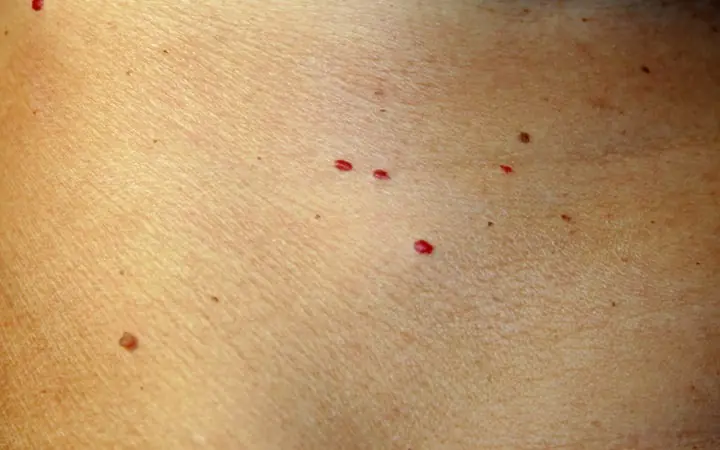
WHAT DO THESE RED DOTS ON YOUR SKIN MEAN?

Skywatchers Delight: Dual Meteor Showers And Upcoming Celestial Events

Global Tsunami Alarms Following 8.8‑Magnitude Earthquake—Sixth Strongest On Record

7 Early Signs Your Heart May Be in Danger – Don’t Ignore #3!

If you have these two holes in your back, it means you don’t…Read more

Volcano Eruption Adds To Chaos After 8.8-Magnitude Quake Rocks Russia’s Far East

Scientists Spark Debate Over Interstellar Visitor’s Strange Behavior

Exact amount of time one single cigarette takes off your life revealed in new study

Breakthrough male birth control pill just passed human safety testing

Terrifying Optical Illusion Of A Woman Only Visible At A Certain Angle Leaves People Freaking Out

3-year-old boy finds a 16th century gold pendant worth $4M while playing with his dad’s metal detector

You’ll Never Guess What Happened at These 3 Weddings
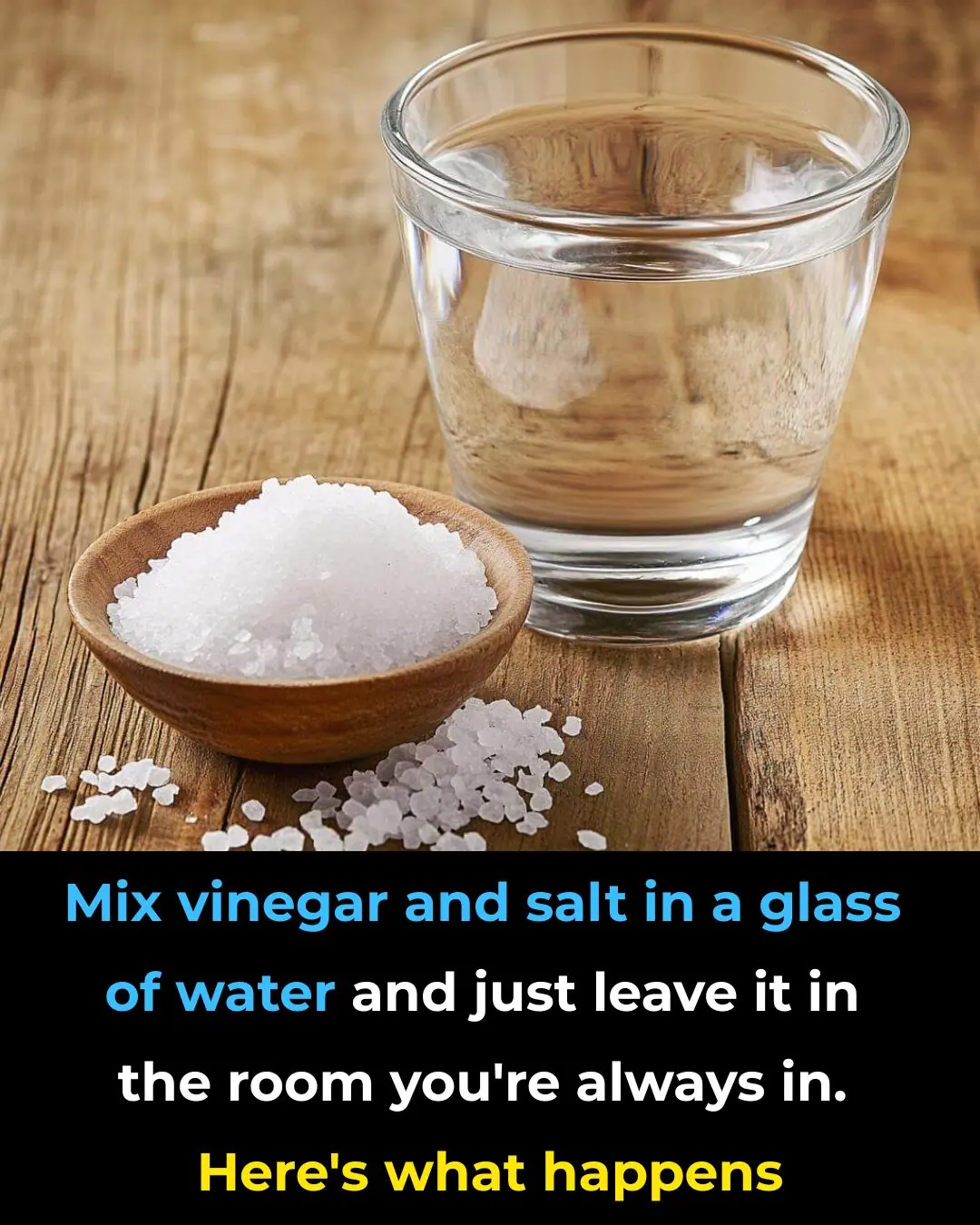
What Mixing Vinegar, Salt, and Water Does?

Doctors Warn: These 2 Daily Habits Are Destroying Kidneys—Many Lose Both Before Age 30
Doctors warn that both of these habits—excessive sodium intake and overuse of paink:illers—are preventable.

Ancient Warning Emerges On Hawaiian Shore Days Before Massive Earthquake
